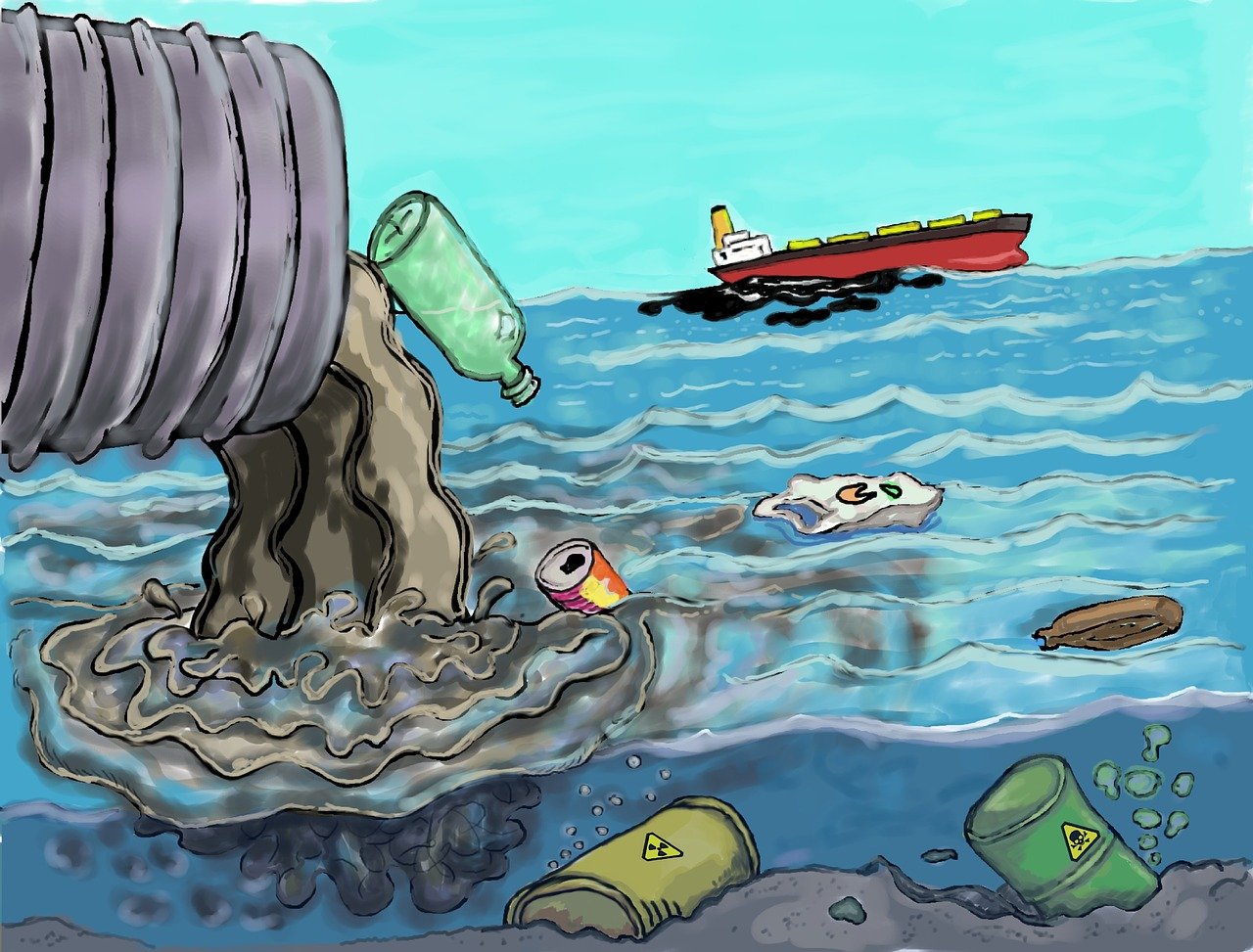
Beijing/Washington: Three Chinese government agencies – the Ministry of Foreign Affairs of China, China Atomic Energy Authority and the National Nuclear Safety Administration – today jointly took a “strong position” to the report released yesterday by the International Atomic Energy Agency’s (IAEA) on the disposal of nuclear-contaminated water at the Fukushima Daiichi Nuclear Power Station (FNDPS). They claimed the report cannot ensure the effectiveness of the monitoring arrangement and went on to accuse the operator of FDNPS Tokyo Electric Power Company (TEPCO) of tampering with or holding back nuclear-contaminated water data “for many times”.
Also read: IAEA approves ocean discharge of Fukushima nuclear plant water
“In IAEA’s plan, the monitoring arrangement does not include independent sampling and takes TEPCO’s data and information as the basis of monitoring. Such practice is inadvisable,” Chinese foreign ministry spokesperson Wang Wenbin explained.
China further urged Japan to stop pushing through the ocean discharge plan, and “dispose of the nuclear-contaminated water in a responsible manner”.
China has taken a divergently opposite stand from the United States which welcomed the IAEA report noting Japan’s plans to release treated water from the Fukushima Daiichi Nuclear Power Station (FDNPS) site were safe and consistent with internationally accepted nuclear safety standards.
Washington claimed that since the 2011 nuclear accident, Japan proactively coordinated with the IAEA on its plans and conducted a science-based and transparent process. “We look forward to Japan’s continued cooperation with the IAEA as its process moves forward,” the US State Department spokesperson Matthew Miller stated.
However, asserting that the report cannot ensure the safety of Japan’s plan of discharging nuclear-contaminated water into the ocean, China claimed the effectiveness and long-term reliability of Japan’s purification facility are not verified by a third party, the authenticity and accuracy of the nuclear-contaminated water data lacks proof and the long-term influence of radionuclides in the nuclear-contaminated water on food safety and people’s health through biological concentration has not been studied.
Claiming that China’s position is based on “science and facts”, a Chinese foreign ministry spokesperson Wang Wenbin stressed that the report should not be the “shield” or “green light” for Japan’s discharge of nuclear-contaminated water into the ocean.
The Chinese foreign ministry further said that following “strong” concerns over Japan’s discharge plan, competent departments of the Chinese government will enhance marine environment monitoring and strengthen inspection and quarantine of imported seafood and other products to safeguard people’s health and food safety.
“The stakes are too high. We cannot afford to ignore risks that might lead to a mishap,” Wenbin said. China urged Japan to respect science and facts, not attempt to use the IAEA report to shield its ocean discharge, faithfully fulfil its moral responsibility and obligations under international law, stop pushing forward the ocean discharge plan, and dispose of the nuclear-contaminated water in a responsible manner.
“Facts have shown that the report did not resolve the strong opposition against ocean discharge both in Japan and the rest of the world,” Wenbin claimed.
Beijing said the report cannot justify Japan’s plan of discharging nuclear-contaminated water into the ocean, and also it cannot give legitimacy to Japan’s plan of discharging nuclear-contaminated water into the ocean.
Wenbin went on to stress that the report “clearly” pointed out that the IAEA provides neither a recommendation nor an endorsement of Japan’s ocean discharge plan.
“The Japanese side unilaterally decided to dump the water into the ocean, which is in fact minimizing its own costs and risks while letting the world take nuclear contamination risks that could have been avoided,” Wenbin said. He added that by discharging nuclear-contaminated water into the Pacific Ocean, the Japanese side may violate obligations stipulated in international law, including the United Nations Convention on the Law of the Sea (UNCLOS) and the Convention on the Prevention of Marine Pollution by Dumping of Wastes and Other Matter in 1972.
“Since Japan claims that it abides by international law and rules, it owes the international community an explanation,” he said.
– global bihari bureau





